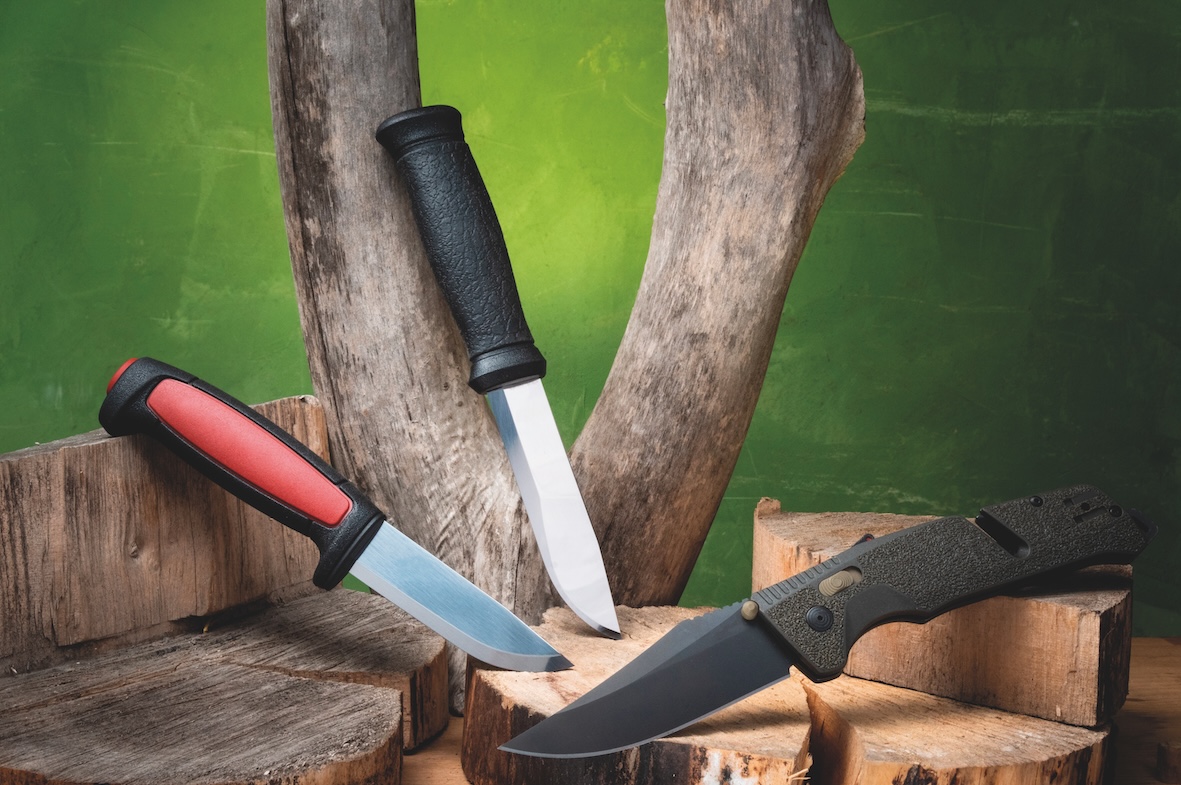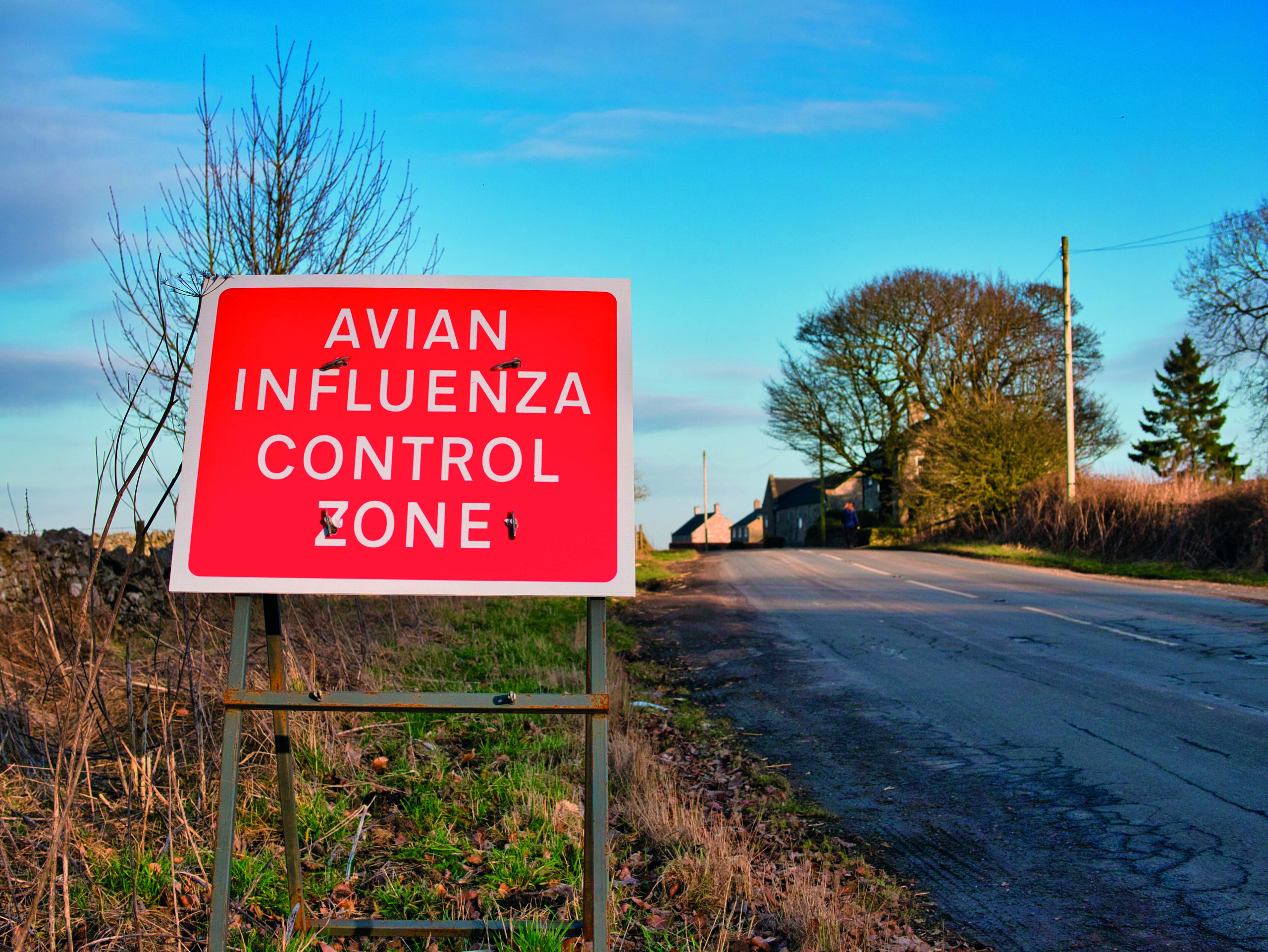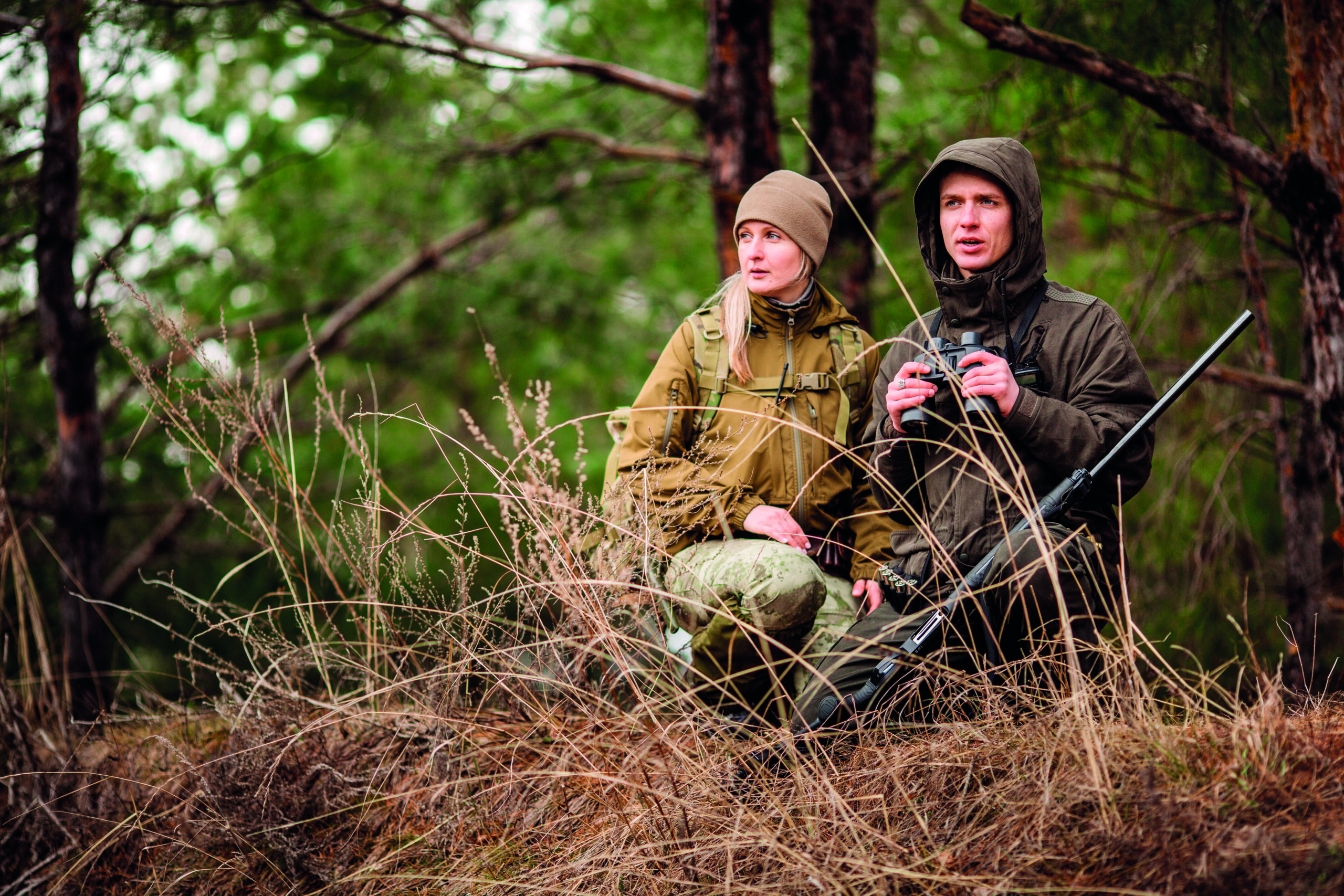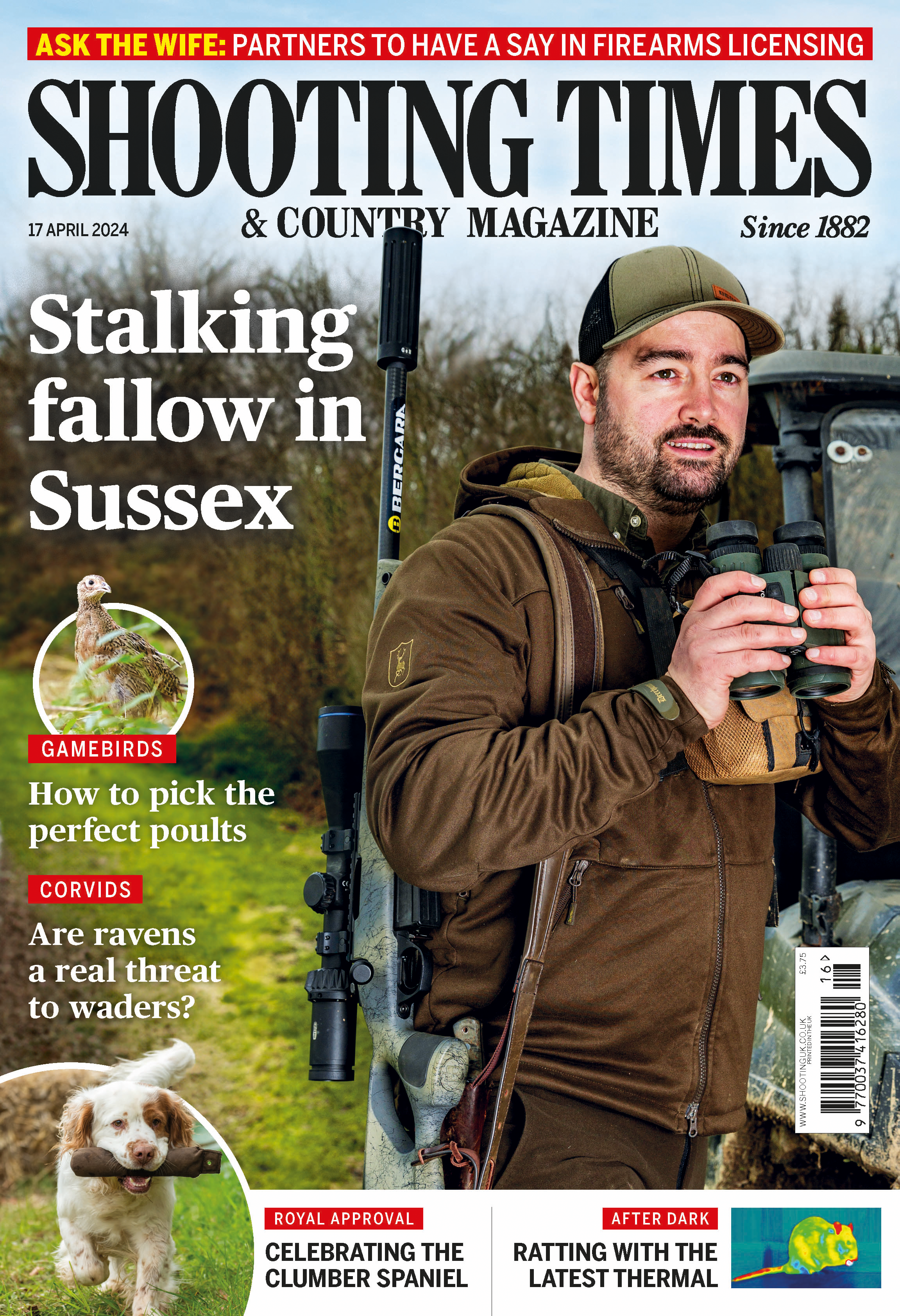Scottish Government accused of threatening rural economy and conservation
Scottish Land & Estates is worried by the Scottish Government's plans to re-introduce non-domestic rates on shooting and deer forests as part of the forthcoming Land Reform Bill, saying that so far the Government has not fully assessed the impact on the local economy and environment
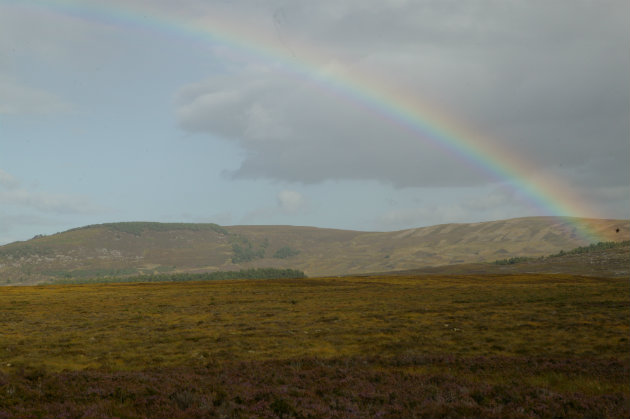
What will be the impact of Scotland's Land Reform Bill ?
Douglas McAdam, chief executive of Scottish Land & Estates, gave evidence to the Scottish Parliament’s Rural Affairs and Climate Change Committee and said further due diligence was needed to prevent ‘perverse outcomes’ from the legislation.
“The Scottish Government has failed to undertake an economic impact assessment”
In its written evidence Scottish Land & Estates said: “The Scottish Government has failed to undertake an economic impact assessment and therefore cannot show that the reintroduction of rates would raise funds or that it would not have a serious detrimental impact on rural businesses and land management.
“It is hard to see what the Scottish Government is trying to achieve with this policy and we believe it is unfair to single out one of the three main rural land uses of sporting, agriculture and forestry without a clear view of how it is justified, how it will be applied and what consequences it may have.
“We have seen no evidence that reintroduction of sporting rate will achieve economic growth and we are concerned it may actually decrease investment and employment and have a detrimental impact on conservation efforts while raising no net funds. We hope that the scrutiny that these proposals are being subject to in the Scottish Parliament will address these very significant issues.
“Loss of rural jobs”
“We believe that if these proposals are enacted this additional tax burden could result in the loss of sporting enterprises. This would mean the loss of rural jobs, such as gamekeepers, but it would also undoubtedly place a financial strain on the many downstream businesses supported by sporting enterprises such as game dealers and processors, those in the hospitality sector and right down the supply chain.”
Scottish Land & Estates represents landowners throughout Scotland. However sporting rights are not all about large shooting estates but apply right across the country. They exist across a broad range of areas, from a small field rented by local people shooting pigeon and rabbit to larger scale operations such as Forest Enterprise Scotland and private and community owned stalking estates.
If sporting rights are exercised as a business, taxation will be paid through means such as VAT and income tax, as well as National Insurance contributions.
Investment in habitat and species conservation
Scottish Land & Estates said that enterprises involved in shooting also made a very substantial investment in habitat and species conservation. Recent research shows that £35 million is invested in conservation work annually by such operations in Scotland supporting the equivalent of 3,900 full time equivalent conservation jobs.
Deep concern is expressed that any new measures or taxes which disincentivise shooting and deer control could seriously jeopardise important conservation efforts.
The organisation also said that that the deer management section of the Land Reform Bill seeks to prejudge the outcome of a review by Scottish National Heritage (SNH) next year of the effectiveness of current deer management under the voluntary principle. The outcome of this review should determine whether any changes are required and legislating “in case powers are needed” does not seem a good basis for legislation. In addition the new powers that are proposed broadly exist already under the existing legislation. What is new is a very large increase in fines for failure to comply with a control scheme.
“The 700% increase in penalty for failure to comply with a control scheme (from £5,000 to £40,000) seems to us to be entirely disproportionate and unjustified”, says Scottish Land & Estates and points out that this is especially the case given that the Scottish Government through SNH already has the power to implement deer control orders and then reclaim the full cost of these from the landowner. With such existing powers already an increased fine on top is hard to justify.
Land Reform Bill includes some far reaching changes to land ownership
Scottish Land & Estates said the Bill includes some far reaching and fundamental changes to land ownership and governance in Scotland. “Whilst we support some of those proposed, we do believe that there are some which would not deliver the aims of the Bill, and also feel that impact of certain measures has not been fully assessed. We would call on the Scottish Government to reconsider pushing ahead with these proposals discussed in the Rural Affairs, Climate Change and Environment Committee today and at the very least to undertake proper due diligence with appropriate full economic and environmental impacts assessments before proceeding any further .”

